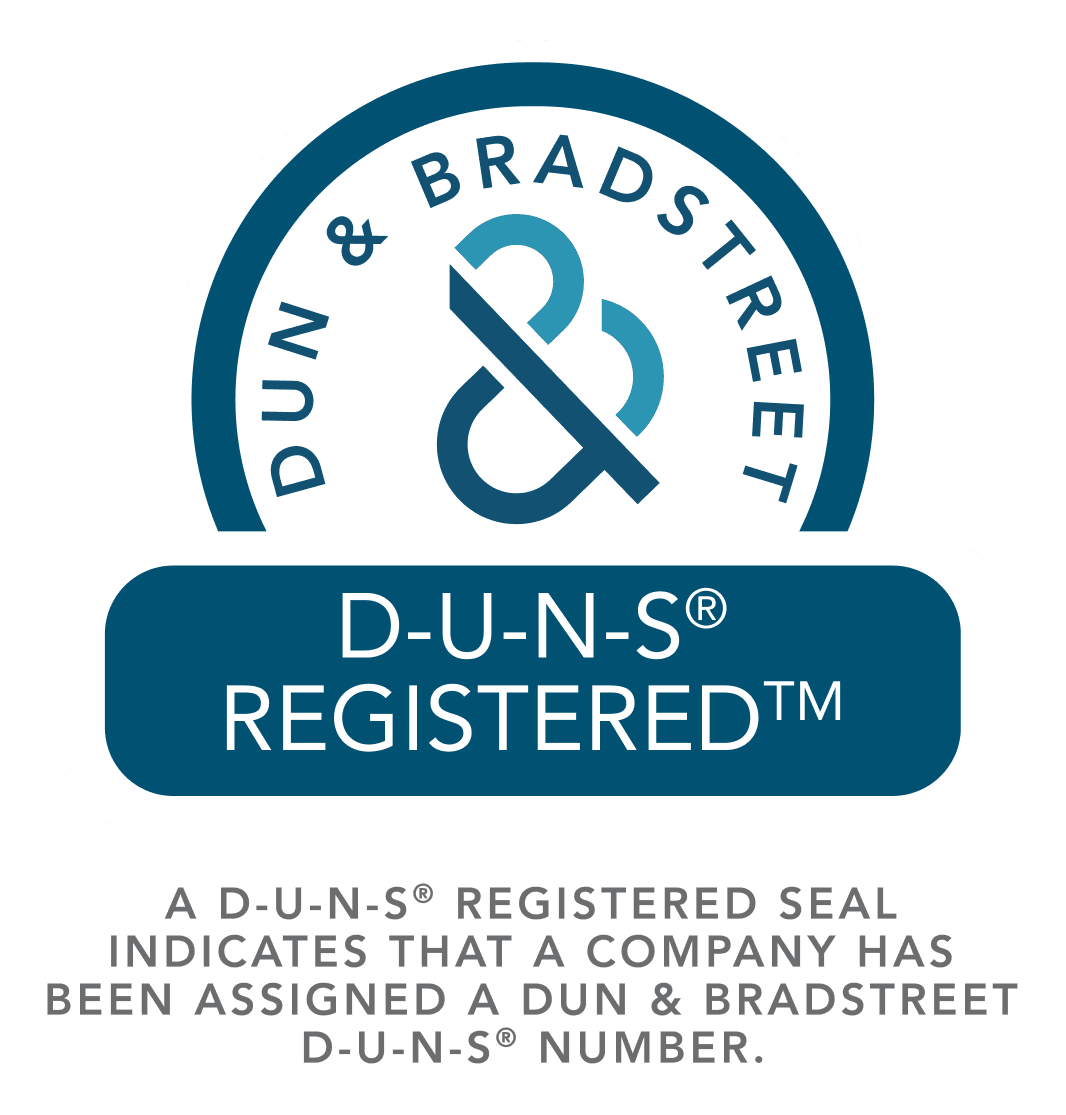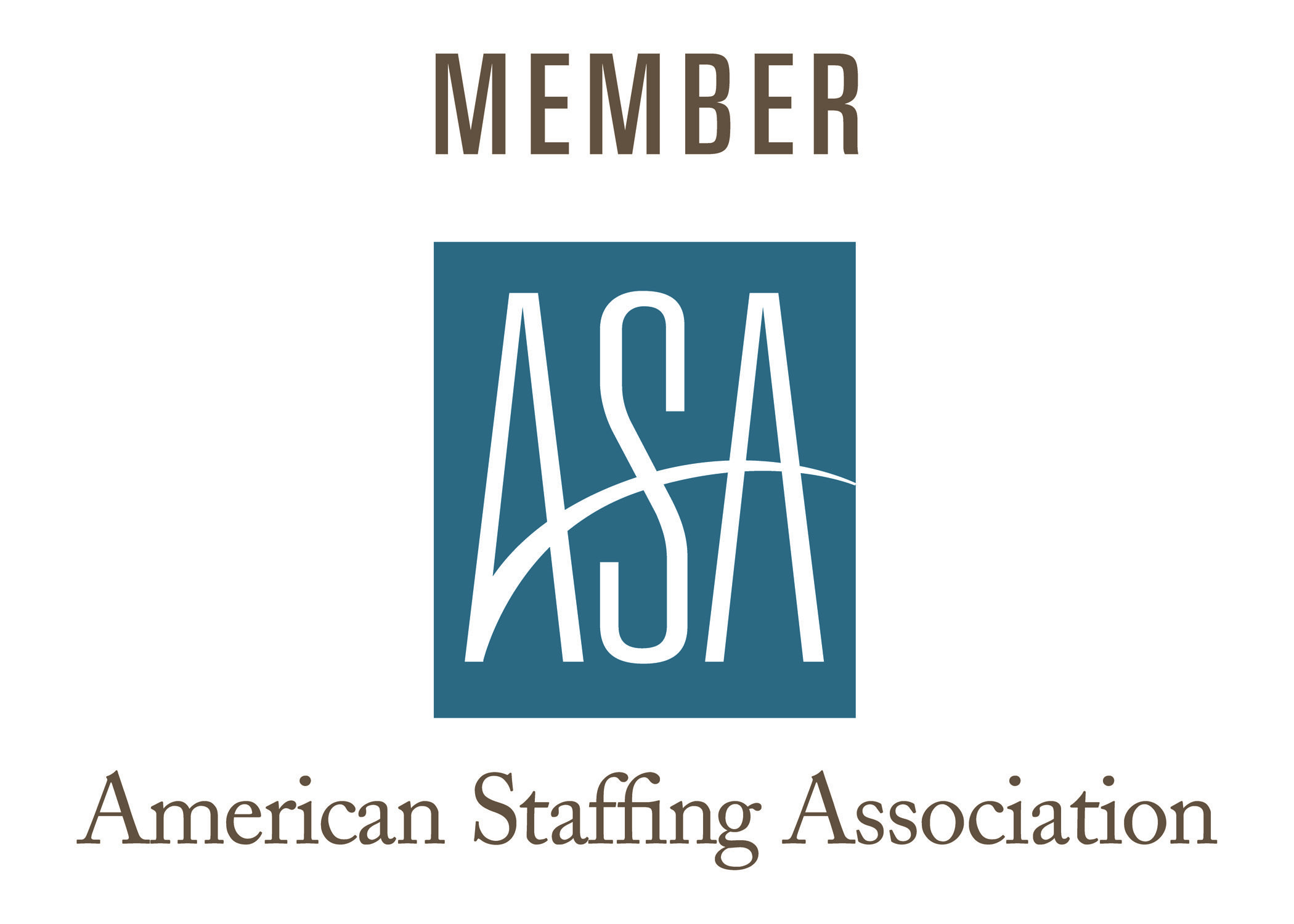Embarking on a career as a dental hygienist is both exciting and rewarding. As a new graduate, you’ve completed an important journey of education and training, and now it’s time to turn your skills into a fulfilling career. This guide will walk you through the essentials—from understanding your role and meeting licensing requirements to navigating the job market and planning your professional growth.
Understanding the Role of a Dental Hygienist
Dental hygienists are licensed oral health professionals dedicated to preventing and treating oral diseases. Their key responsibilities include:
- Patient Assessment – Conducting oral health assessments, reviewing medical histories, and performing oral cancer screenings.
- Preventive Care – Removing plaque and tartar, applying sealants and fluorides, and educating patients on proper oral hygiene practices.
- Diagnostic Services – Taking and developing dental radiographs (X-rays) to assist in diagnosing oral conditions.
- Patient Education – Guiding nutrition and lifestyle choices that affect oral health.
Dental hygienists can work in various settings, including private dental offices, public health clinics, educational institutions, and research facilities. There are also opportunities to specialize or advance into roles in education, research, and public health administration.

Education and Licensure Requirements
To practice as a dental hygienist in the U.S., you must complete the following steps:
- Complete an Accredited Program – Earn an associate degree from an accredited dental hygiene program. Some professionals choose to pursue a bachelor's or master’s degree for advanced career opportunities.
- Pass the National Board Dental Hygiene Examination (NBDHE) – This comprehensive written exam assesses your theoretical knowledge and skills.
- Complete a Clinical Examination – Each state has specific board examinations, so check with your state’s dental board for approved exams.
- Obtain State Licensure – Apply for a dental hygiene license in the state where you intend to practice. Some states require additional certifications or jurisprudence exams. Inquire more on this from the state dental board.
Gaining Hands-on Experience
Practical experience is essential for building confidence and competence. Here are some ways to gain hands-on training:
- Clinical Rotations – Take full advantage of your program's clinical rotations to develop real-world experience.
- Internships and Externships – Seek out opportunities in different dental settings to expand your knowledge and network.
- Volunteer Work – Participate in community dental clinics or public health initiatives to serve diverse populations and improve your skills.
Professional Development & Career Growth
Ongoing education is crucial in the evolving field of dental hygiene:
- Continuing Education – Stay updated on the latest advancements and fulfill state requirements.
- Advanced Certifications – Consider additional training in local anesthesia, nitrous oxide sedation, or periodontal therapy to expand your skill set.
- Career Advancement – Explore roles in education, research, public health, or corporate sectors for broader career opportunities.
Networking
Join professional organizations, such as the American Dental Hygienists' Association (ADHA), to connect with peers and mentors. Attend conferences, workshops, and local meetings to expand your professional network.
Job Search Strategies for New Graduates
Partnering with a specialized recruitment agency, like Verovian Dental Agency, can help streamline your job search. Our expert recruiters connect new graduates with reputable dental practices, ensuring a smooth transition into employment. By joining Verovian Dental Agency, you gain access to exclusive job opportunities, career guidance, and support throughout the hiring process.
Final Thoughts: Take the Next Step in Your Dental Hygiene Career
Starting your career as a dental hygienist is an exciting journey filled with opportunities to make a meaningful impact on a patient's oral and overall health. By mastering your role, fulfilling licensure requirements, gaining practical experience, and committing to continuous professional growth, you can build a successful and fulfilling career in dental hygiene.




